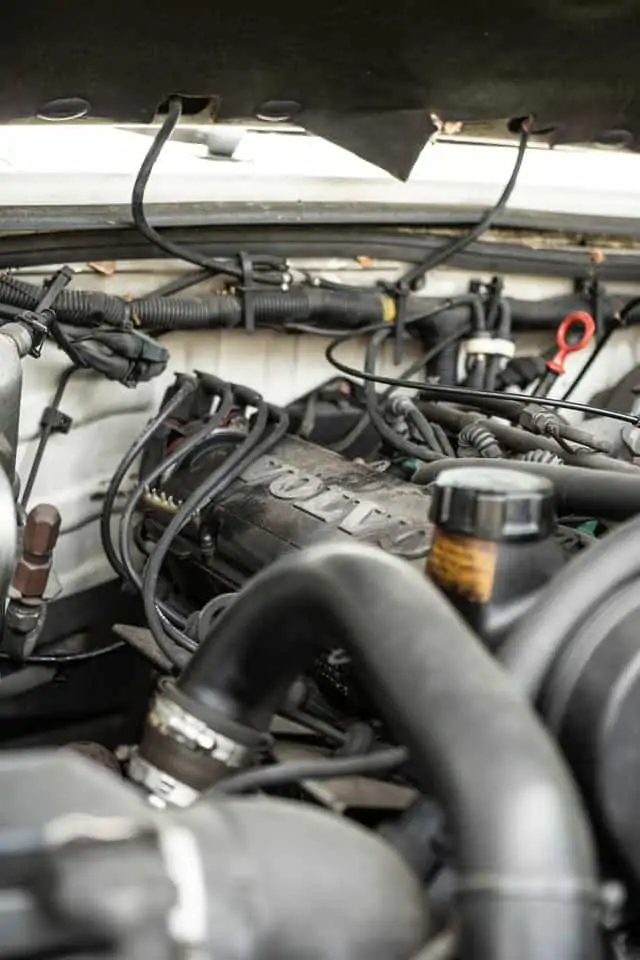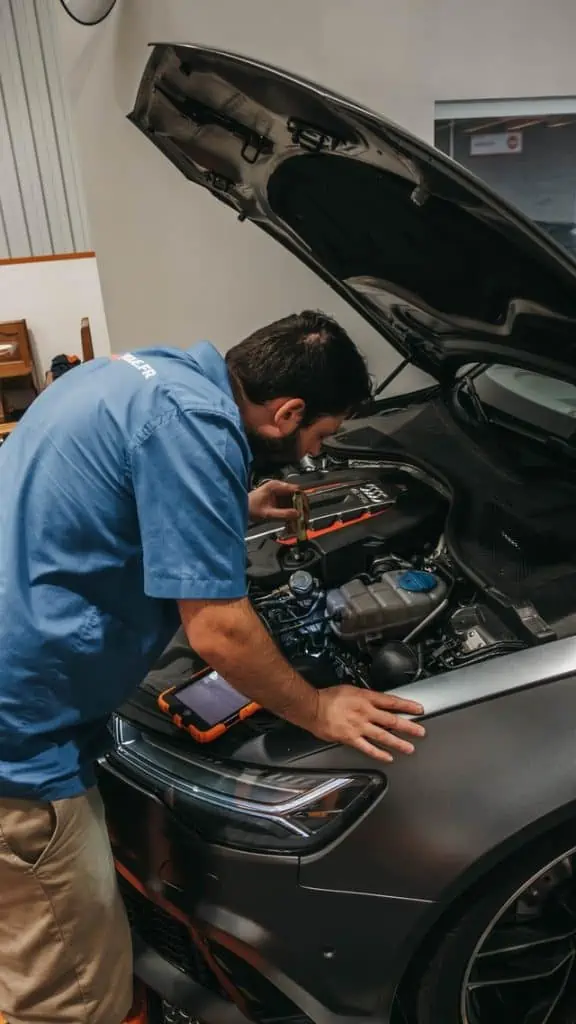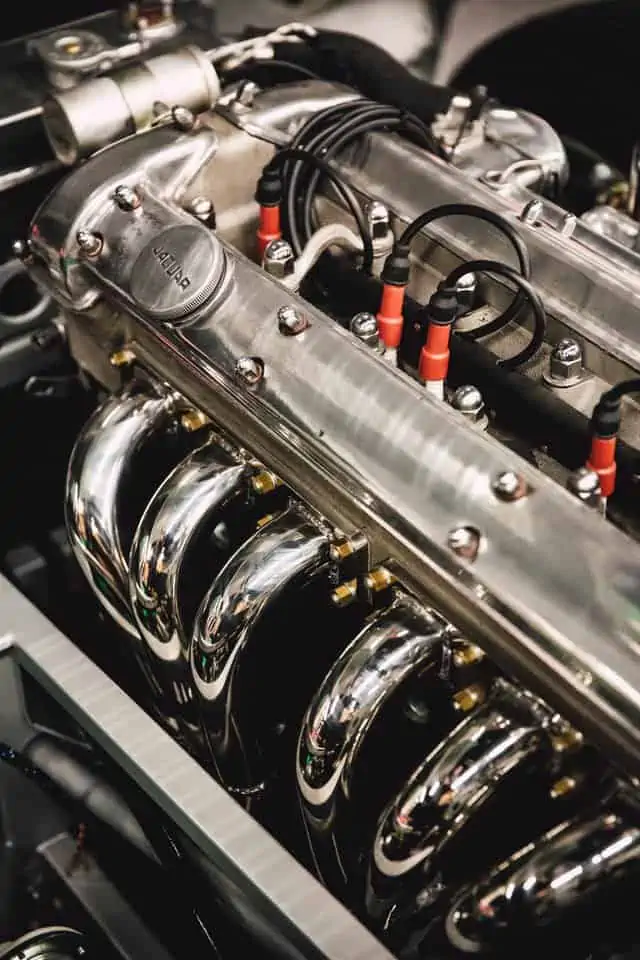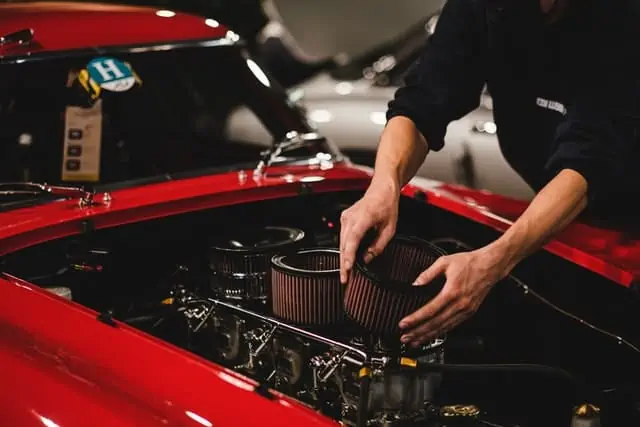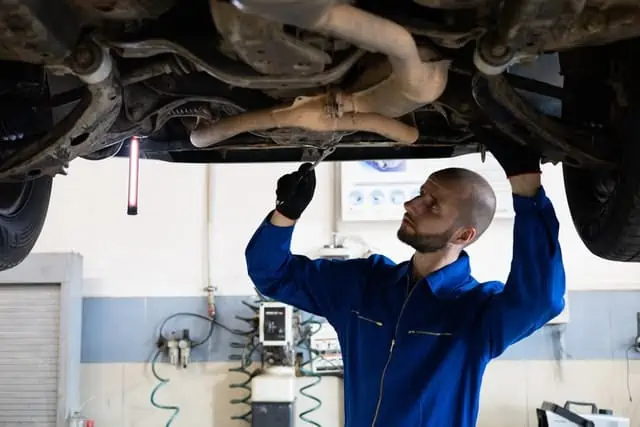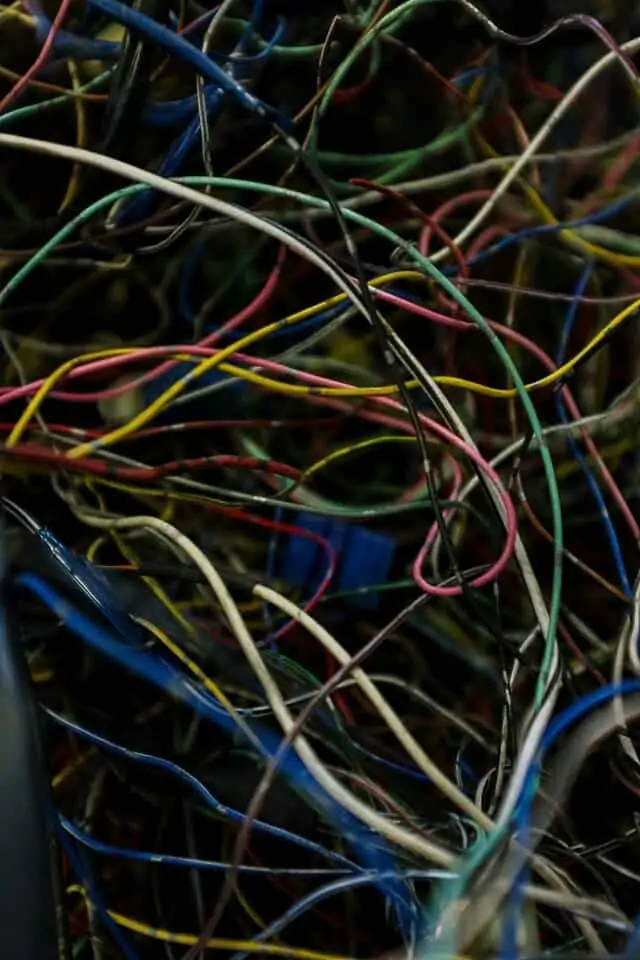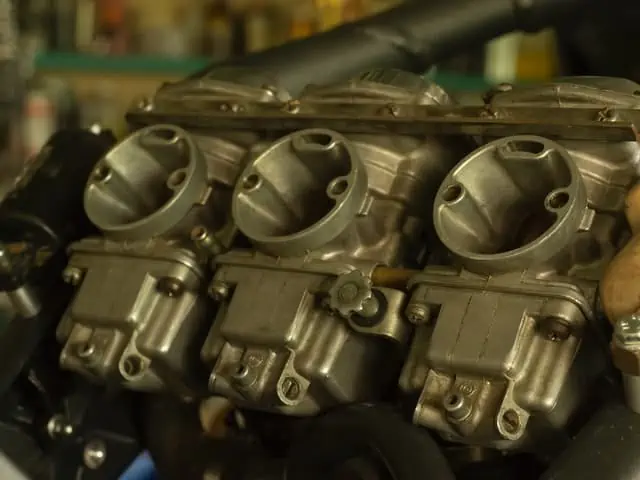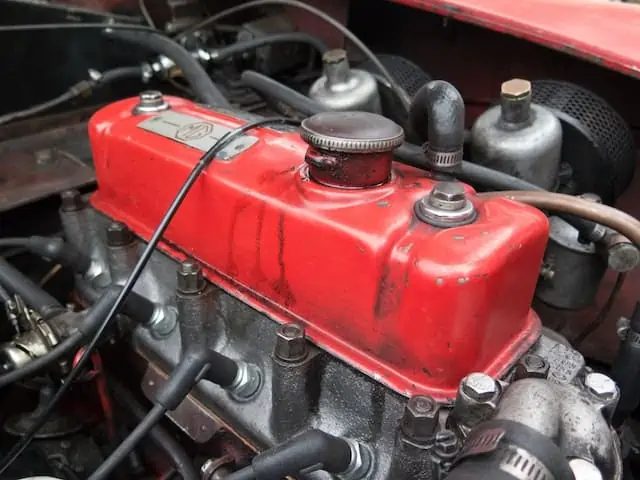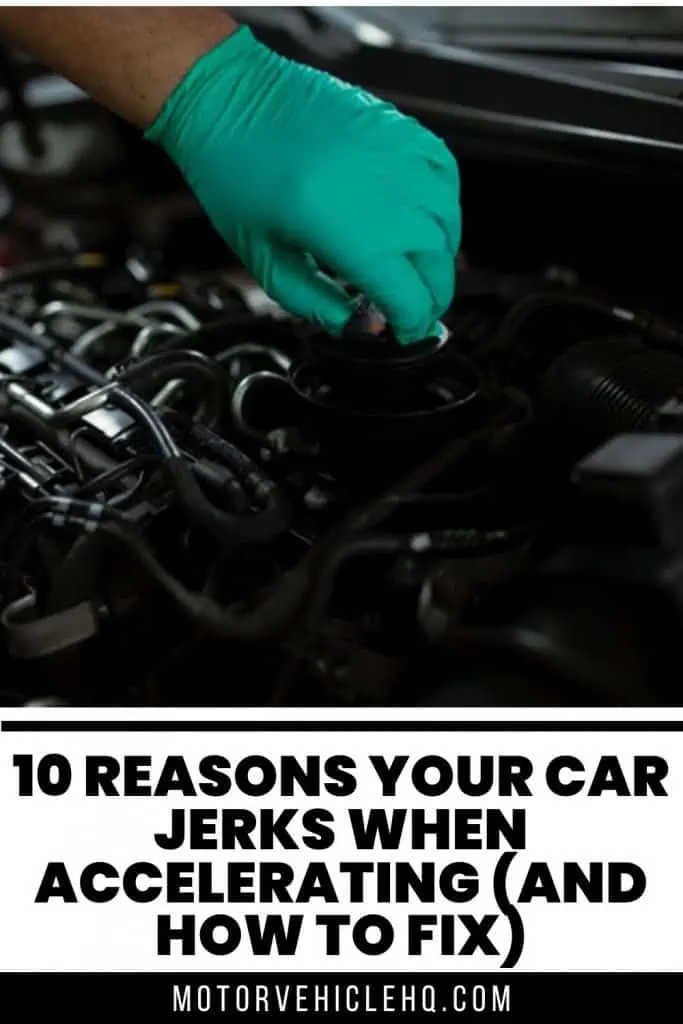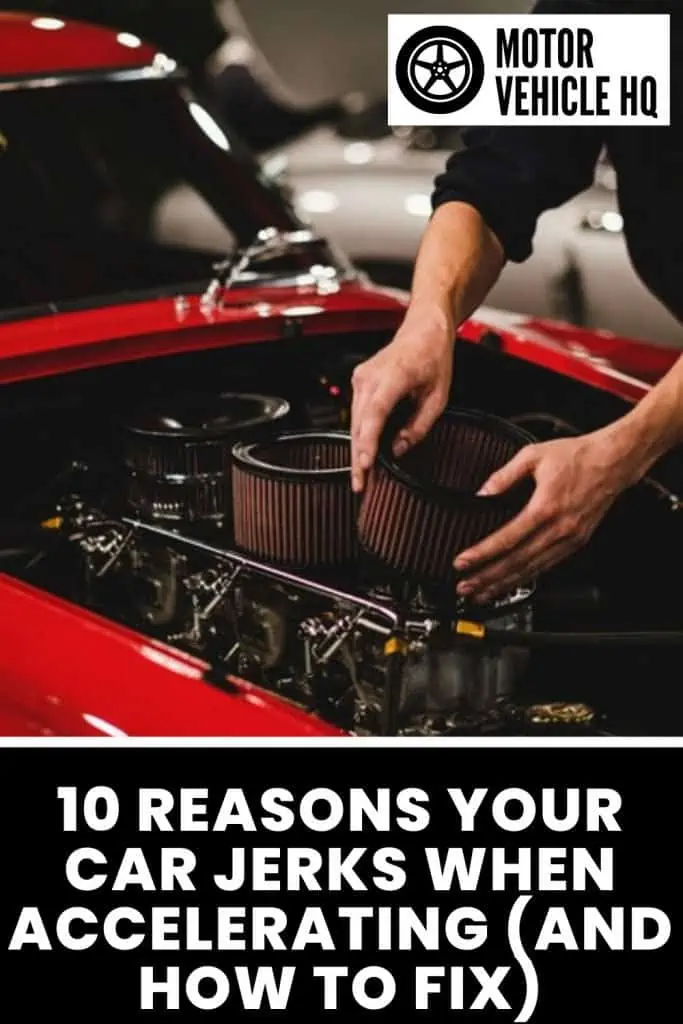Most motorists comprehensively understand their vehicles, both inside and out. Little wonder they can recognize any drivability issues that arise quickly. However, only a few of these drivability issues are as annoying and difficult to detect as that which could best be described as jerking, surging, stuttering, or hesitating during acceleration.
It can be pretty frustrating to deal with an issue that abruptly occurs without any perceivable logic. Knowing when your car develops this problem is the first step to resolving it. Luckily the root cause of this issue is not always difficult to fix, and it can be pinpointed quite easily if you know where to begin your search.
A car jerking when accelerating is a warning sign that there is a bigger problem with your car. It can indicate several current or potential problems affecting your vehicle. Needless to say, continuing to drive when your car is jerking can be dangerous. If you’re accelerating from a full stop, it can be challenging to gain any speed. If your car is already moving and suddenly starts jerking, it would be difficult for you to maintain or control your car’s speed.
To quickly ascertain the situation when you’re experiencing the issue, try taking your foot off the accelerator and then pay attention to the rev counter. A sound vehicle should have its RPM ascending the rev counter smoothly without a hitch. If your car is jerking, the rev counter would often stop climbing for a couple of seconds and then begin to ascend again.
Also, depending on what caused the jerking, your car might backfire, and you would hear a loud bang from your engine. Often, this process will be repeated severally during acceleration. Finally, if your car shakes when accelerating, it’s usually engine or drivetrain related, so your ‘check engine light’ might also come on.
Do not ignore this problem, as a jerking car is a sign that your car will develop more problems if it is not addressed immediately. We recommend that you take your car to a certified mechanic and resolve the problem as soon as possible before it gets worse and is costlier to fix. The sooner you can diagnose and address the issue, the more you can reduce the damage to your car and lower the repair costs.
There are several reasons why your car jerks when accelerating. Here we’ll go over ten of the most common culprits and how to fix the issue.
1. Dirty Fuel Injectors
A dirty fuel injector is one of the most common causes of car jerks when accelerating. It is also a common and aggravating problem that can be responsible for a variety of issues affecting your car. Fuel injectors are responsible for providing a steady stream of fuel into your cylinders. When they get dirty, they become clogged and will not be able to carry out their required function efficiently. A clogged fuel injector will prevent your car from getting the fuel it needs to accelerate. When the engine does not get enough fuel to burn, your car will begin to lose power when you attempt to accelerate while the car is not in motion and when you try to drive at a consistent speed. You will also hear the engine stuttering simultaneously due to the inconsistent fuel intake, and it can also often misfire as you try to accelerate.
How to Fix:
Cleaning your injectors regularly can help you to avoid this problem. You do not need to replace a dirty fuel injector with a new one. All you have to do is manually clean them using a fuel injector or fuel system cleaner. The most basic method requires pouring cleaning fluid into an almost empty fuel tank. Other methods may require tools and some elementary mechanical knowledge to do it.
There are instances where the injectors can be so clogged with carbon deposits that even the best fuel injector cleaner may be unable to clean them. If you find yourself in this situation, you will either have to take them to a professional to clean them or simply replace them. Most repair shops charge $50 – $100 to clean a fuel injector, and it shouldn’t take more than a couple of hours to finish the job.
2. Defective Mass Airflow Sensor
A defective mass airflow sensor (MAF) is another common cause of car jerks when accelerating. The mass airflow sensor is responsible for measuring the amount of air entering the engine so that it can relay this information to the car’s computer.
The computer then uses this MAF data to adjust the injectors to supply adequate fuel when necessary for proper air/fuel mixture. If the mass airflow sensor becomes defective, the injectors will be unable to maintain the ideal air/fuel mixture, and the car will begin to jerk.
A defective mass airflow sensor (MAF) usually happens unexpectedly while driving at a constant high speed, like on the highway, where it would be most noticeable. If you notice your car surging forward or jerking at high speeds, it is most likely due to a defective mass airflow sensor.
How to Fix:
When a mass airflow sensor becomes defective, you may notice black smoke from your exhaust, or your engine may backfire. A ‘check engine light’ should also be displayed, but you can easily confirm using an OBD2 scanner. To fix this issue, you will need to have the mass airflow sensor replaced.
3. Faulty or Worn Out Spark Plugs
Defective or worn-out spark plugs are also one of the most common causes of car jerks when accelerating. A good spark plug is needed to properly ignite the fuel in each cylinder during the combustion process. A bad or dirty spark plug will not be able to ignite the fuel in each piston cylinder on time as the spark will be too weak or may not even spark at all. This can cause the engine to misfire and lead to your not accelerating as quickly. While driving, it will feel like your car jerks or shutter when accelerating.
How to Fix:
Luckily, this problem is one of the easiest to identify and fix. All you have to do is replace the bad plug. If you don’t remember the last time you replaced your spark plugs, then changing them out may be a good idea. Faulty or worn-out spark plugs are generally a quick and inexpensive repair. If your spark plug gets worn out prematurely, you might want to do a full engine check as something else might be causing it.
Most spark plugs need to be changed between 20,000 – 30,000 miles and usually cost around $20 each. Spark plug maintenance is usually part of routine service and is changed regularly by your mechanic. So if you maintain your car correctly, you don’t have to worry about it. You can replace them yourself as there are lots of tutorial videos online to guide you, or you may choose to call your mechanic to do it for you.
4. Dirty Air Filters
Air filters are responsible for keeping pollutants away from your engine. They are your car’s first line of defense against dirt and other foreign particles. With time, however, air filters become dirty due to a build-up of these pollutants, which can restrict airflow into the combustion chamber and cause your car to jerk while accelerating. You’ll often experience the same issues when not enough fuel is flowing through. A dirty air filter can also cause some particles to get into the engine, which in turn will affect performance and cause car jerks while accelerating.
How to Fix:
Fixing dirty air filters is as simple as removing and wiping off the air filters before putting them back in place or installing new air filters. A new air filter should cost around $10-$20 and only takes a few minutes to replace. Alternatively, you can buy a reusable air filter such as K&N, which offers future cleaning instead of replacement. Bottom line, a clean filter will significantly improve the lifespan of your car’s engine and reduce or stop the car jerks when accelerating.
5. Blocked Catalytic Converters
A catalytic converter is responsible for regulating the pollutants or emissions that exit out of a vehicle’s exhaust. If the converter is obstructed with too much exhaust/air or if the air/fuel mixture in your engine is too rich, it can lead to a blockage in the catalytic converter over time, which disrupts and impedes the airflow throughout the exhaust system. This can result in a jerking or stuttering motion when you step on the gas pedal. Besides jerking, you may experience other symptoms such as a rotten egg odor (hydrogen sulphide), a decreased fuel economy, and an illuminated check engine light.
How to Fix:
You may be able to unclog minor blockages with a good catalytic converter cleaner. If that doesn’t work, you’ll need to take it to an auto repair shop to resolve the issue, which will likely require a replacement of the catalytic converter.
6. Bad Fuel Pump or Filter
A failing fuel pump or filter may also cause your car to jerk when accelerating. The fuel pump is responsible for supplying fuel from the gas tank to the injectors. The fuel filter ensures that the fuel flows smoothly in the engine and keeps the fuel pump and injectors clean by trapping dirt, rust, and other impurities. A bad fuel pump would struggle to maintain the engine’s fuel demands and, as a result, could cause your car to jerk or surge forward while driving. Also, a clogged fuel filter restricts the flow of fuel, which makes fuel delivery inconsistent and could trigger a jerking or stuttering while your car is in motion.
How to Fix:
Replacing the failing fuel filter and the fuel pump is the best way to fix this problem, and it is usually a relatively simple and inexpensive process.
7. Perforated Fuel Lines
Most fuel-powered vehicles have a metal line that runs underneath them, connecting the fuel tank to the engine. Once it arrives at its destination, the gas is redistributed throughout the engine via fuel lines. However, if there’s a problem with a fuel line or if one of the lines gets damaged, it can cause the car to experience a loss of pressure. The fuel line will be unable to feed the appropriate amount of gas into your engine, and this will cause your car to start jerking. In worst-case scenarios, a perforated fuel line might cause your engine to catch fire. If your car jerks when accelerating, stop the car immediately and check to see if the fuel lines do not have any holes. You can also look for a puddle underneath your car when parked to see if you have a fuel leak.
How to Fix:
A damaged or perforated fuel line will need to be replaced. You should be able to get a replacement job for your fuel lines for about $120. However, if the fuel line replacement requires your mechanic to remove the car’s fuel tank, then the labor cost may be upwards of $500 due to the effort and time required to replace the fuel line.
8. Damaged or Worn Acceleration Cables
Another reason you may experience car jerks when accelerating is because your acceleration cable is worn out or damaged. While most cars today use drive-by-wire electronic throttle control to accelerate, many vehicles still use a physical accelerator cable (or throttle cable). An accelerator cable is the braided metal cable that serves as a mechanical link between the accelerator and the engine throttle plate. Stepping on the gas pedal causes the cable to pull the throttle open, allowing your car to accelerate. Over time these cables grow weak with age and can fail or break. When this happens, it will take your car longer to accelerate and cause it to jerk instead of providing smooth acceleration.
How to Fix:
You will most likely notice damage to the acceleration cable’s outer coating when examining it, making this problem easy to diagnose. A damaged or worn acceleration cable requires immediate attention, as the car can stop functioning when the cable breaks. Take the car to a certified mechanic to ensure the replacement is done right.
9. Defective Carburetors
The carburetor is an integral component of your vehicle’s engine. It controls the amount of fuel and air mixture before it is fed into the engine. A damaged or bad carburetor will be unable to perform this function efficiently, leading to your car misfiring and jerking under acceleration. If you have a newer car (ideally one manufactured after 1995), you do not have to worry about having this problem as carburetors have become unpopular since the ‘90s because most vehicles of today use fuel injectors which are far more reliable.
How to Fix:
A faulty carburetor will lead to poor performance of your vehicle, but good servicing may be all your car needs to get back in shape. This should typically cost around $200-$300. However, if you have a bad carburetor, it will have to be replaced. The replacement cost of a new carburetor should be anywhere from $500-$800.
10. Moisture on the Distributor Cap
When moisture gathers on the distributor cap of your vehicle, it can cause your car to jerk when accelerating. Moisture build-up on the distributor cap usually occurs during wintertime when you park your car outside overnight. On colder days, condensation can also form under the distributor cap. This can cause your engine to misfire; eventually, your car will jerk when accelerating at low speeds. To prevent this, you should park your car in a warm, dry spot on cold and wet weather days. Occasionally, the problem will resolve itself once the water is gone, but repeated moisture build-up can strain your engine over time.
How to Fix:
The best way to fix this problem is to avoid it altogether by ensuring your car is parked in a garage or other protected location. You can use a thermal cover to lower the risk of condensation when shelter isn’t an option and if the weather is getting colder.

Jim Wicks is the founder of MotorVehicleHQ. With over two decades of experience in the automotive industry and a degree in Automotive Technology, Jim is a certified car expert who has worked in various roles ranging from a mechanic, car dealership manager, to a racing car driver. He has owned more than 20 cars over the past 15 years. Ask him about any vehicle you see on the road and he can tell you the make, model and year. He loves the aesthetics of all things cars, and keeps his vehicles in pristine condition.
In his free time, Jim enjoys getting his hands dirty under the hood of a classic car or taking long drives along the country roads. His favorite car? A 1967 Shelby GT500, a true classic that, according to Jim, “represents the pure essence of American muscle.”
